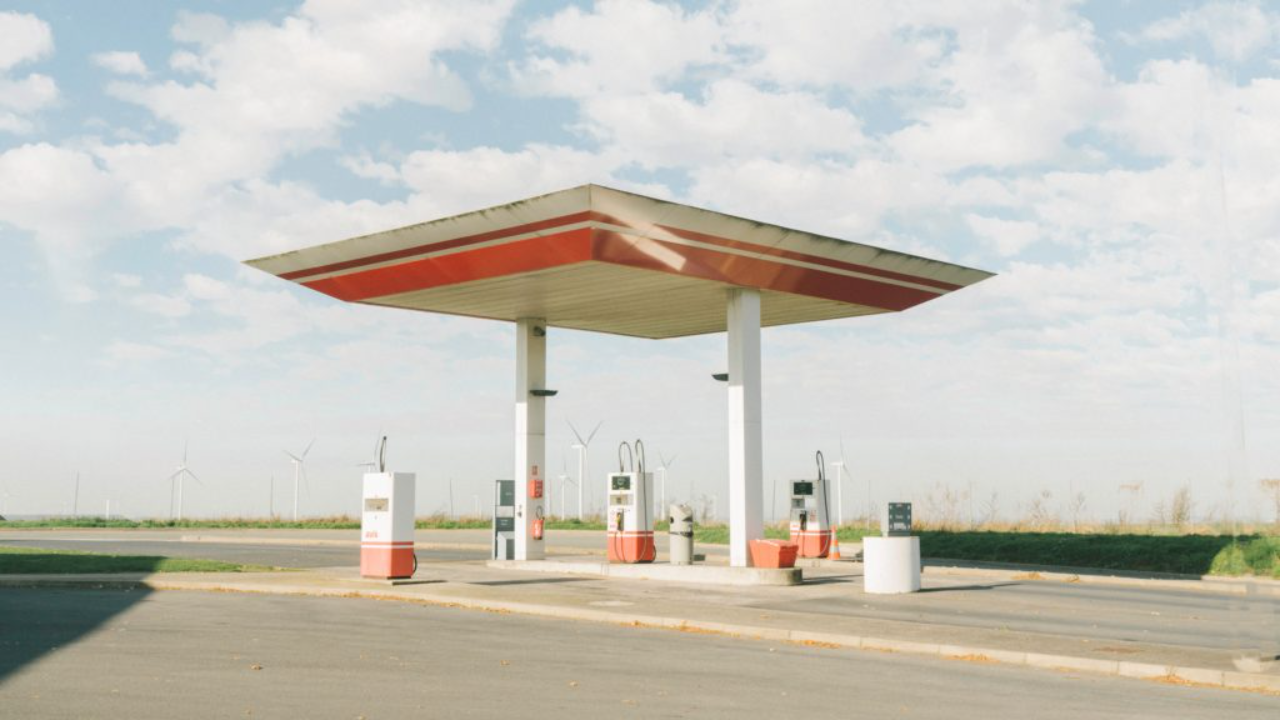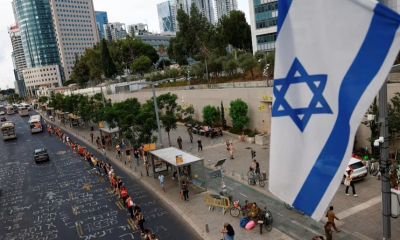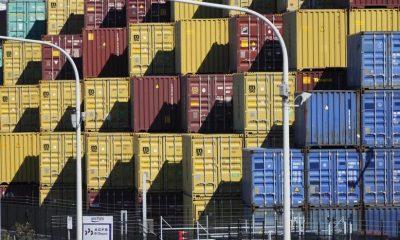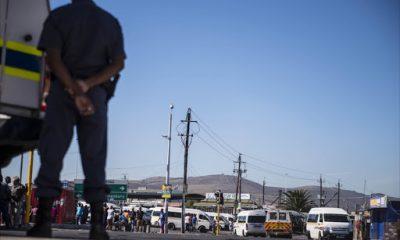News
South African Petrol Costs Surge Beyond Inflation

The recent drop in South Africa’s petrol prices provided some temporary relief amidst ongoing economic challenges. Although petrol prices fell by almost R2 on November 1, concerns persist regarding the consistently high fuel costs.
Also Read: Gauteng Health Reports 10 Malaria-Related Deaths and Over 1,000 Cases from January to September
Taking a closer look at the past three years reveals a troubling pattern: petrol prices have increased 21 times but decreased only 12 times. For instance, unleaded petrol prices rose by R9.56 per litre from November 2020 to the present, a substantial 68.8% increase. This rate of escalation is notably higher than in previous years, with prices now R4.12 higher than two years ago and 87 cents more than last year.
September 2023 witnessed the most significant single increase of R1.71, while the largest decrease of R2.06 occurred in January. Despite the current price being below the July 2022 peak of R26.31, petrol prices consistently outpaced inflation. When adjusting for inflation using the Consumer Price Index (CPI), the current petrol price significantly exceeds the expected R16.46.
Several global factors contribute to this situation, including post-Covid recovery and the Russia-Ukraine conflict, which have driven up oil prices. Additionally, the rand’s depreciation from R16.30 to R18.43 against the US dollar since November 2020 has played a role.
South Africa’s fuel pricing challenges are exacerbated by substantial taxes, such as the General Fuel Levy and Road Accident Fund levy, which add R6.13 to every litre.
The situation for diesel is even more concerning, with a staggering 98.5% increase in the past three years. The wholesale price of 50 parts per million (ppm) diesel has surged from R12.29 to R24.40 per litre. When adjusted for inflation, the price should ideally be around R18.03, significantly lower than the current level.
A complex interplay of global market forces, local taxation policies, and geopolitical tensions influences fuel prices.
The Automobile Association (AA) of South Africa advocates for a comprehensive analysis of these factors to better understand and potentially alleviate the burden on consumers.
As things stand, South African motorists are likely to continue facing challenging times ahead due to high fuel costs.
Source: Rising fuel costs in South Africa outpace inflation rates
Also Read:
Follow us on Google News
Photo: Supplied by Cape Town ETC






















